DKW was founded in Zschopau in 1919 by Danish engineer Jorgen Rasmussen and built its first motorcycle power unit, a single-cylinder, clip-on engine for bicycle attachment, in 1921. Designed by Hugo Ruppe, this 122cc motor was a two-stroke, and DKW would remain faithful to this engine type from then on, becoming world leaders in two-stroke design in the 1930s thanks to the prescient adoption of the Schnuerle loop-scavenge system. The latter used flat-topped pistons rather than the then-conventional deflector-crown type, relying on carefully angled transfer ports to direct the incoming charge around the cylinder. DKW embarked on a racing programme in 1925 using 175cc and 250cc machines featuring the Bichrone system of supercharging using a 'slave' cylinder, significant success being achieved only after the 'split-single' cylinder configuration, which enabled better control of port timing, had been adopted. Ear-splittingly noisy, the supercharged split-single 'Deeks' eventually overcame reliability problems to become the dominant force in 250cc racing in the late 1930s, works rider Ewald Kluge making history in 1938 when he became the first German rider to win an Isle of Man TT race. This interesting machine was rebuilt in 2007 using various used DKW and other parts, along the lines of similar pre-1930 DKW racing motorcycles. Test run recently, the little Deek is described as in generally good condition and is said to be surprisingly fast. There are no documents with this Lot.
DKW was founded in Zschopau in 1919 by Danish engineer Jorgen Rasmussen and built its first motorcycle power unit, a single-cylinder, clip-on engine for bicycle attachment, in 1921. Designed by Hugo Ruppe, this 122cc motor was a two-stroke, and DKW would remain faithful to this engine type from then on, becoming world leaders in two-stroke design in the 1930s thanks to the prescient adoption of the Schnuerle loop-scavenge system. The latter used flat-topped pistons rather than the then-conventional deflector-crown type, relying on carefully angled transfer ports to direct the incoming charge around the cylinder. DKW embarked on a racing programme in 1925 using 175cc and 250cc machines featuring the Bichrone system of supercharging using a 'slave' cylinder, significant success being achieved only after the 'split-single' cylinder configuration, which enabled better control of port timing, had been adopted. Ear-splittingly noisy, the supercharged split-single 'Deeks' eventually overcame reliability problems to become the dominant force in 250cc racing in the late 1930s, works rider Ewald Kluge making history in 1938 when he became the first German rider to win an Isle of Man TT race. This interesting machine was rebuilt in 2007 using various used DKW and other parts, along the lines of similar pre-1930 DKW racing motorcycles. Test run recently, the little Deek is described as in generally good condition and is said to be surprisingly fast. There are no documents with this Lot.

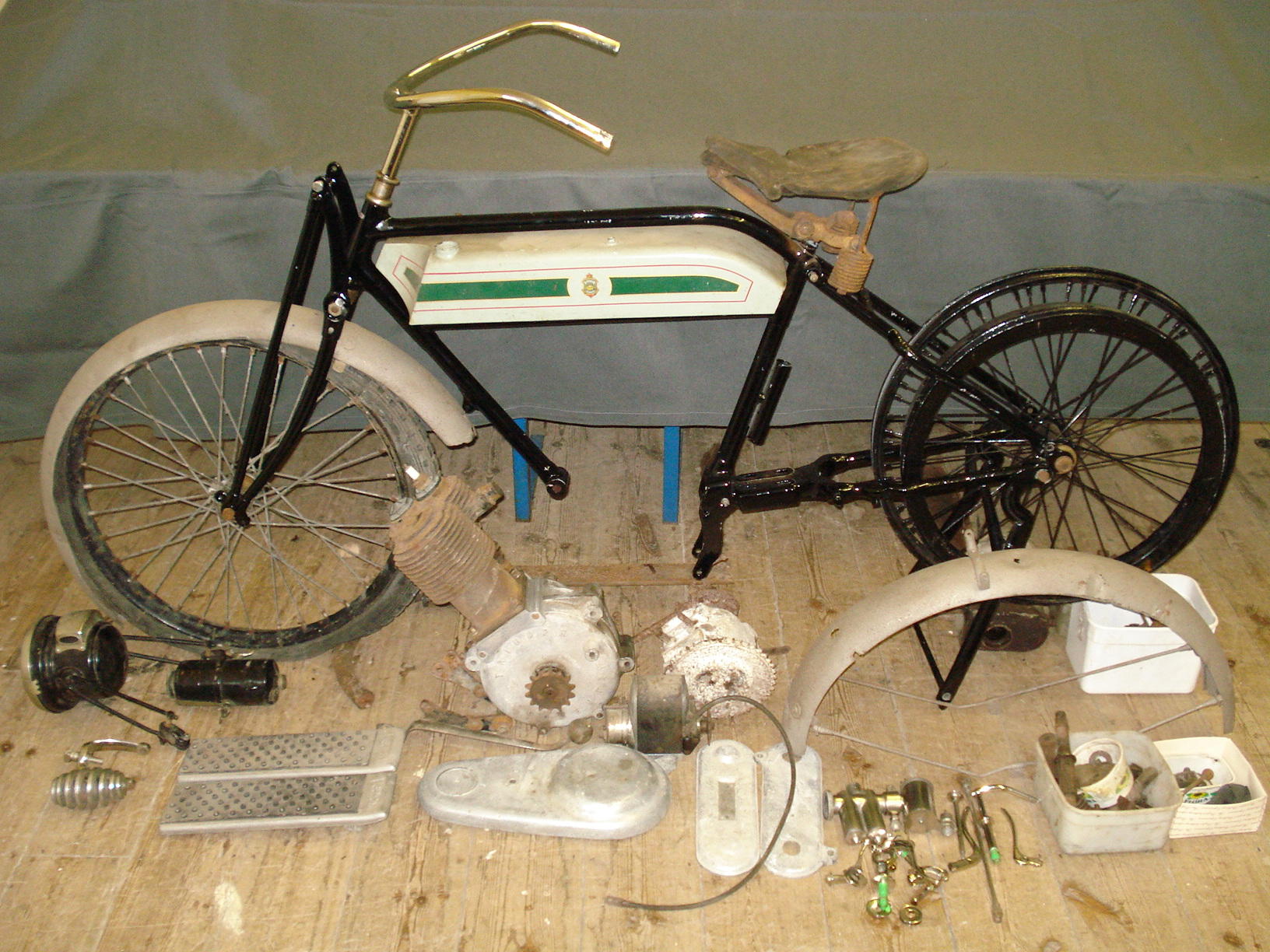

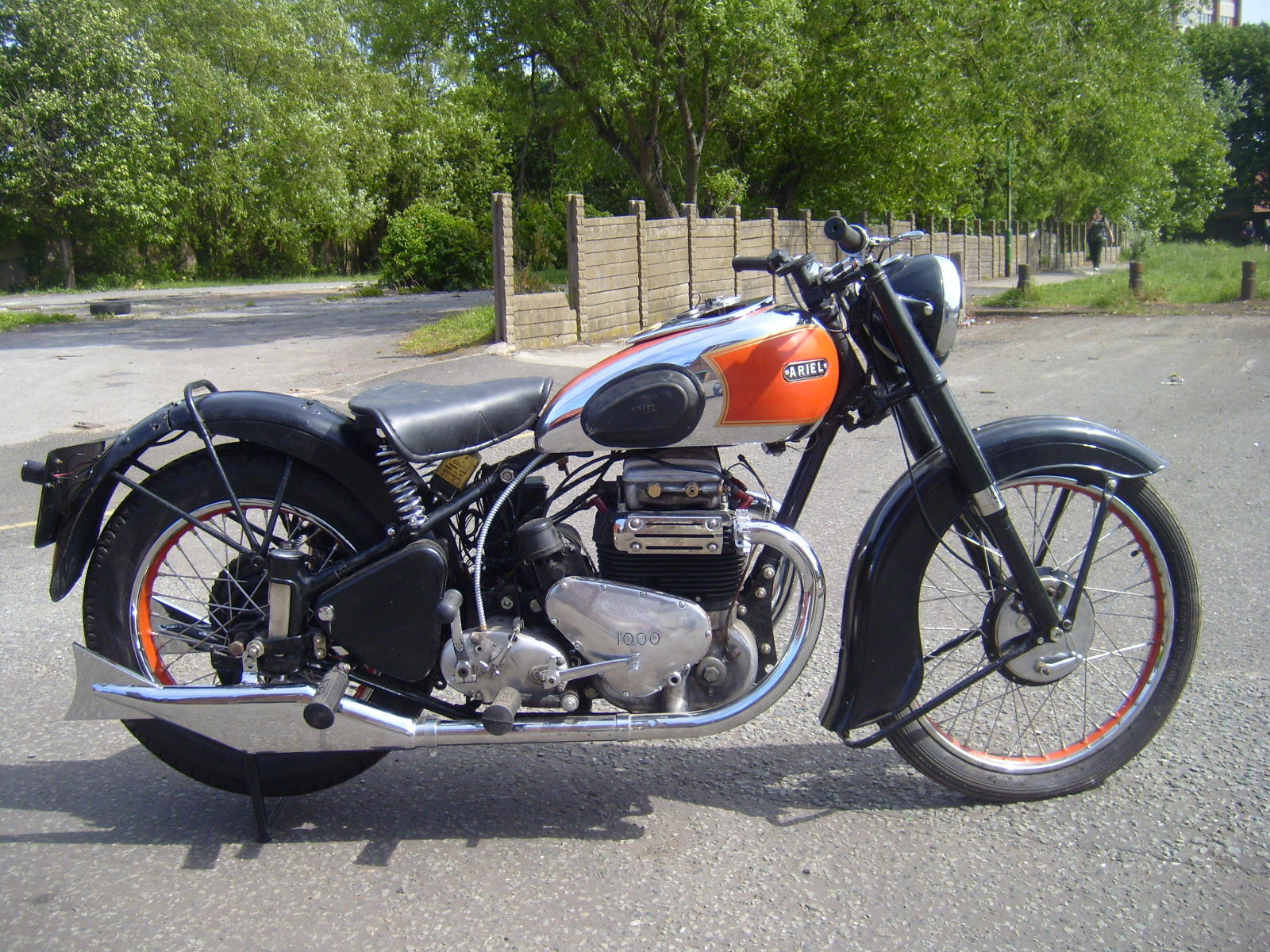
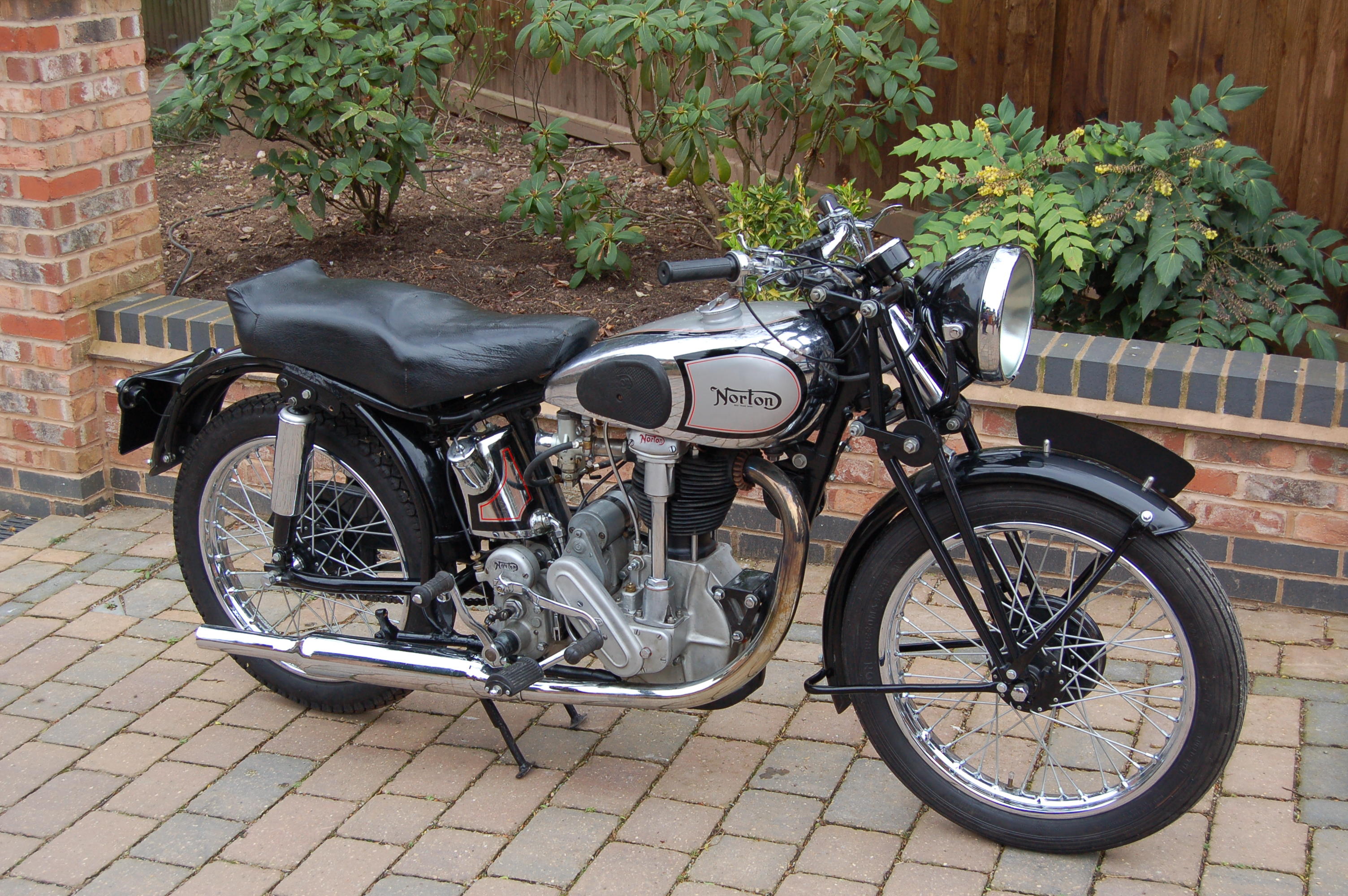
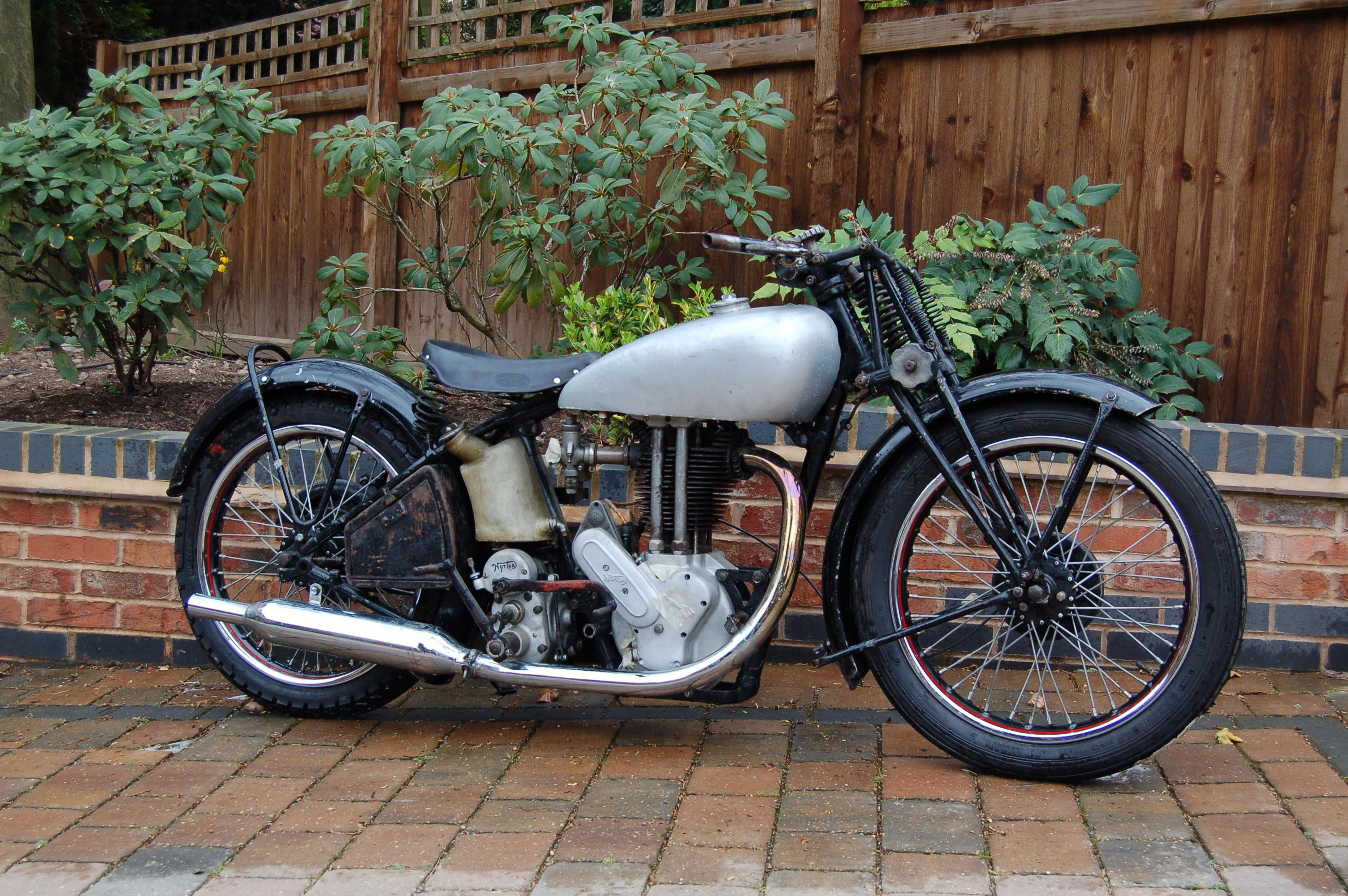
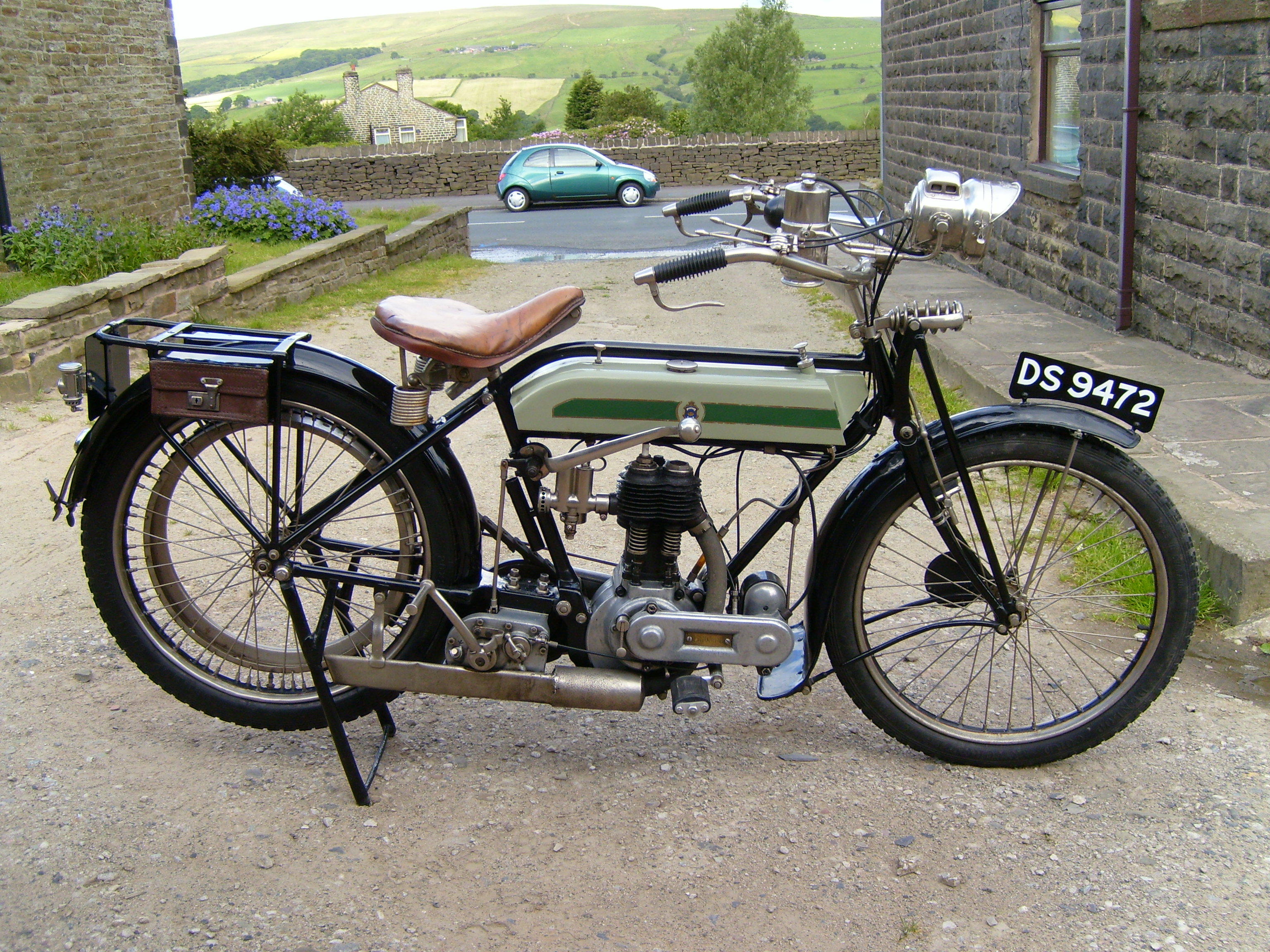
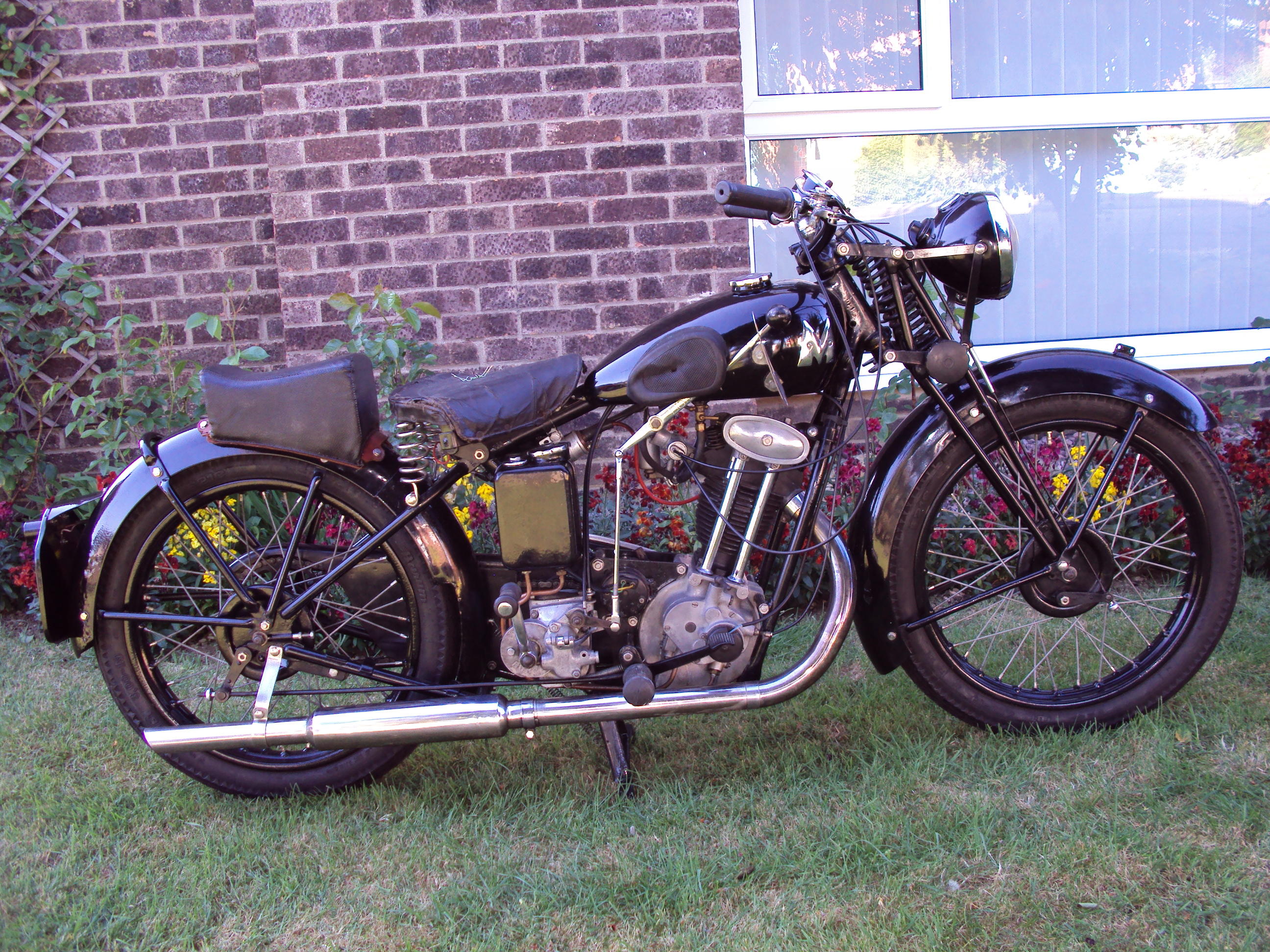
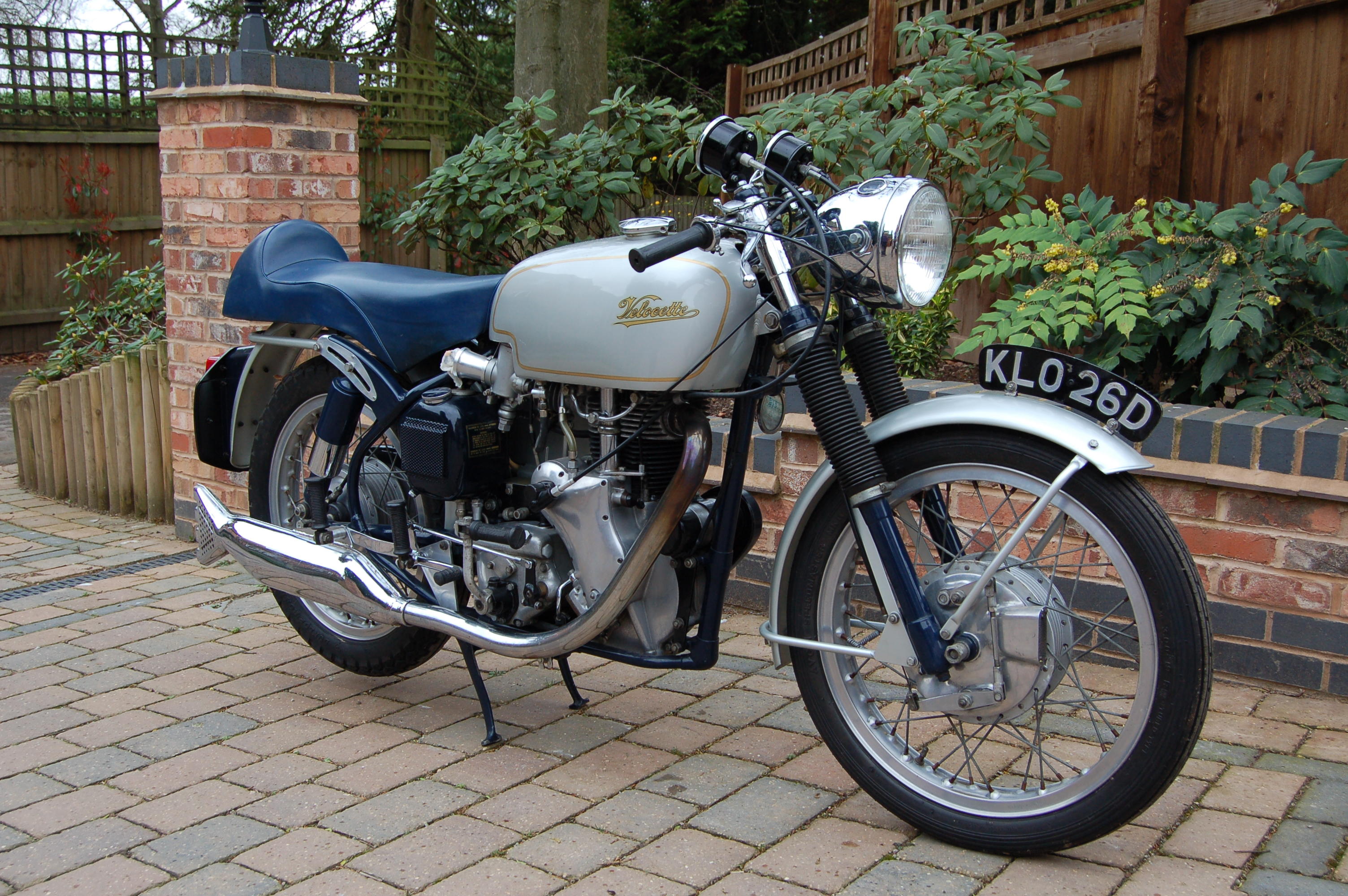
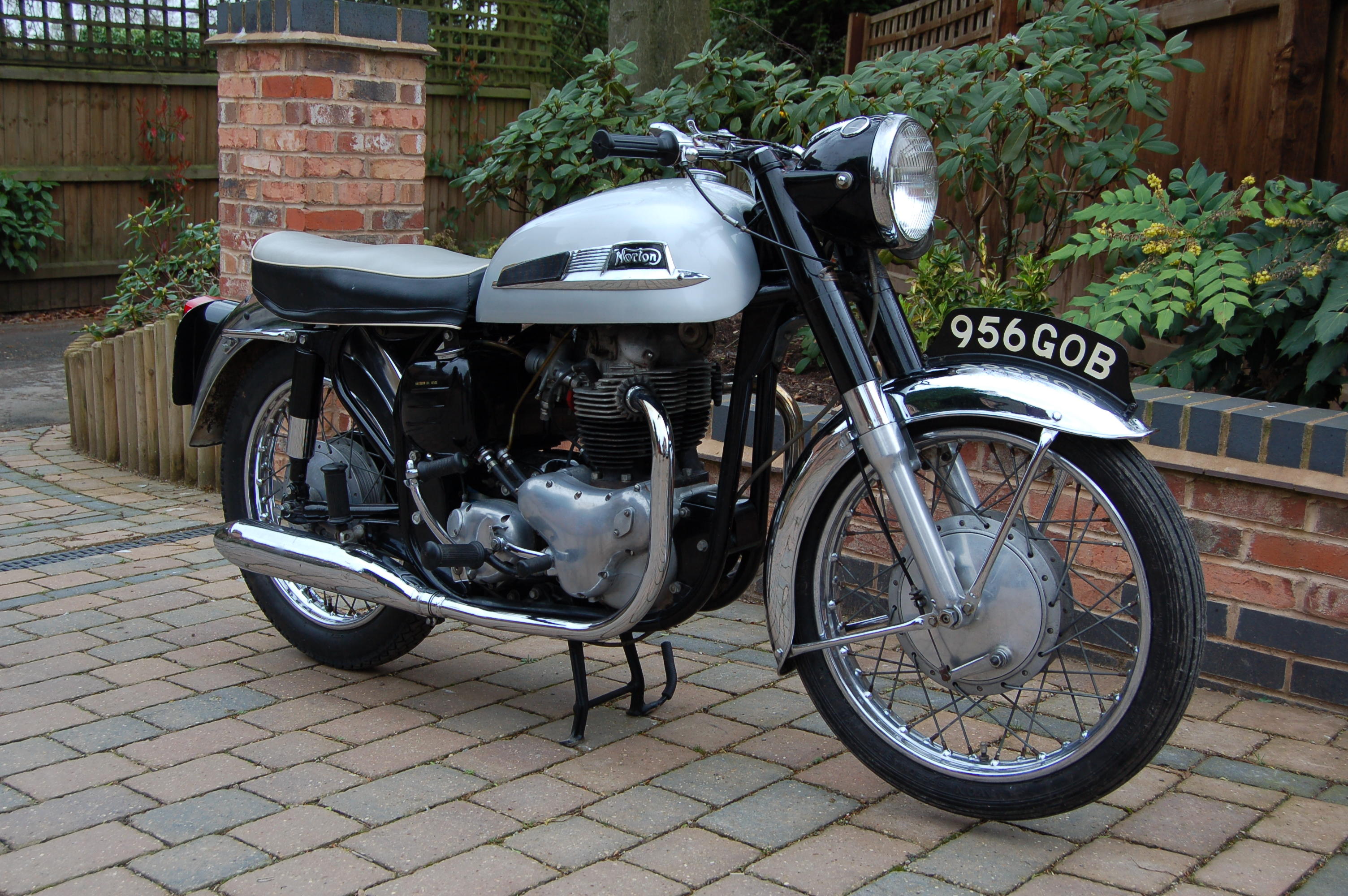
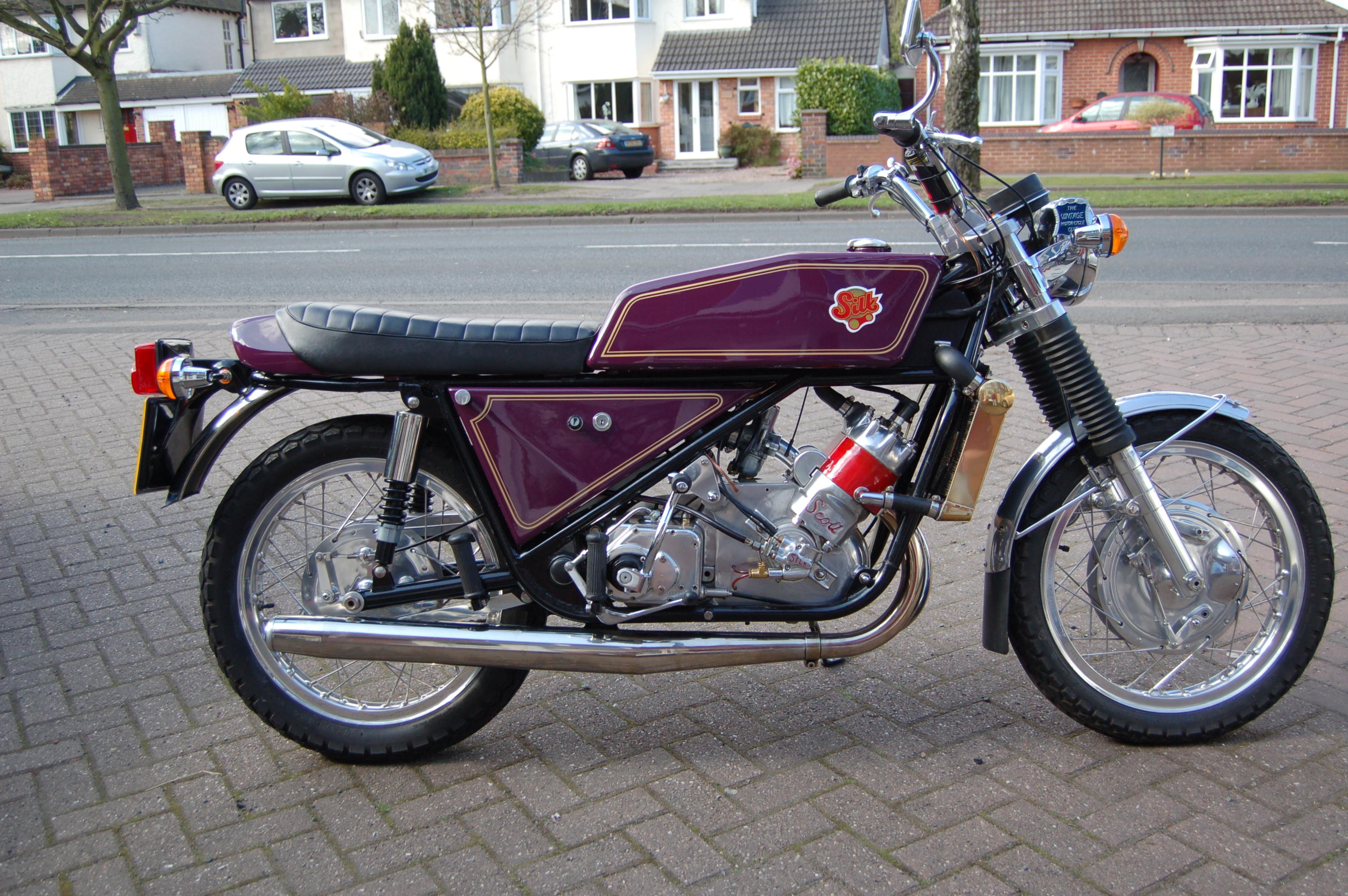
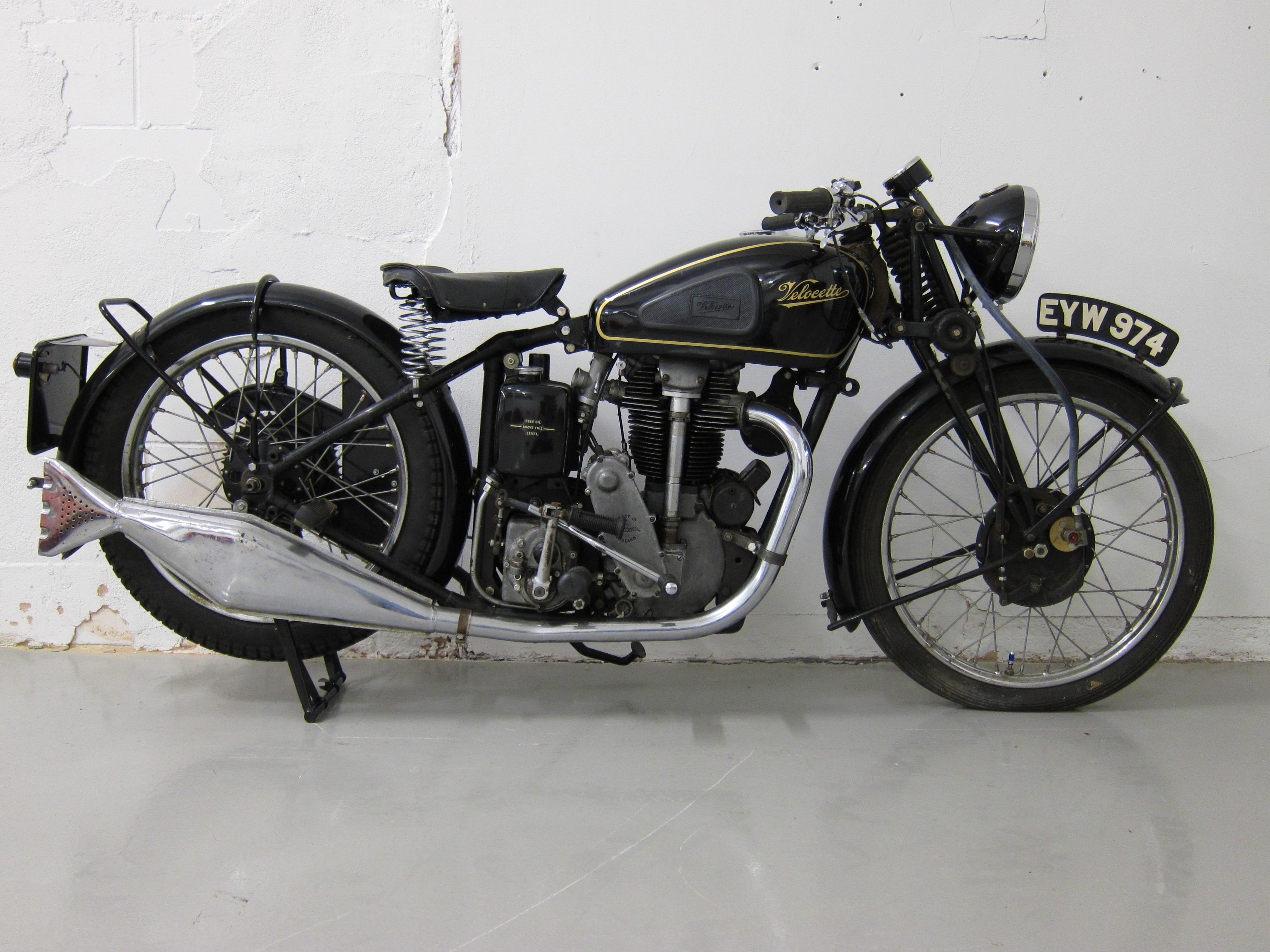
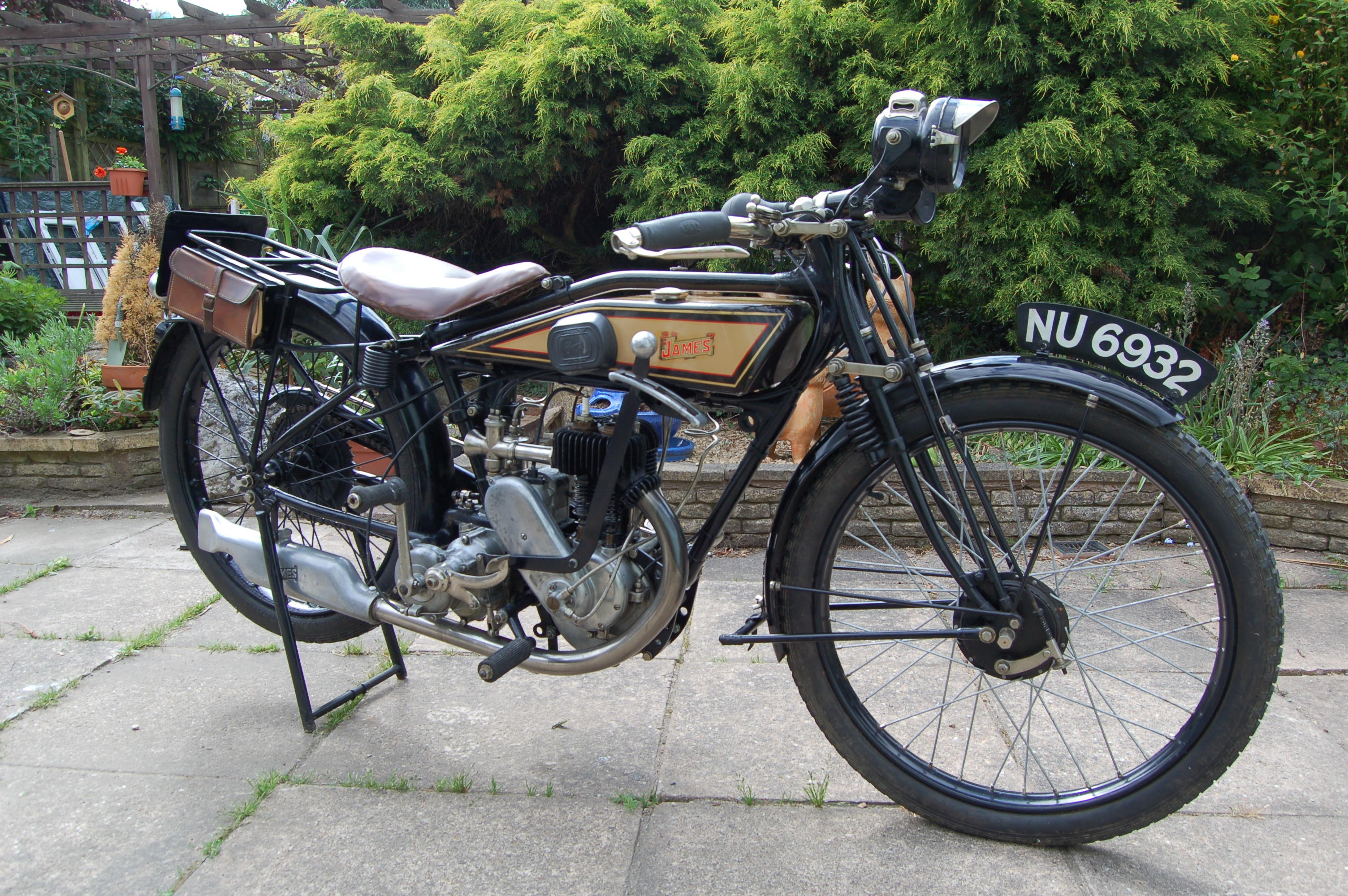
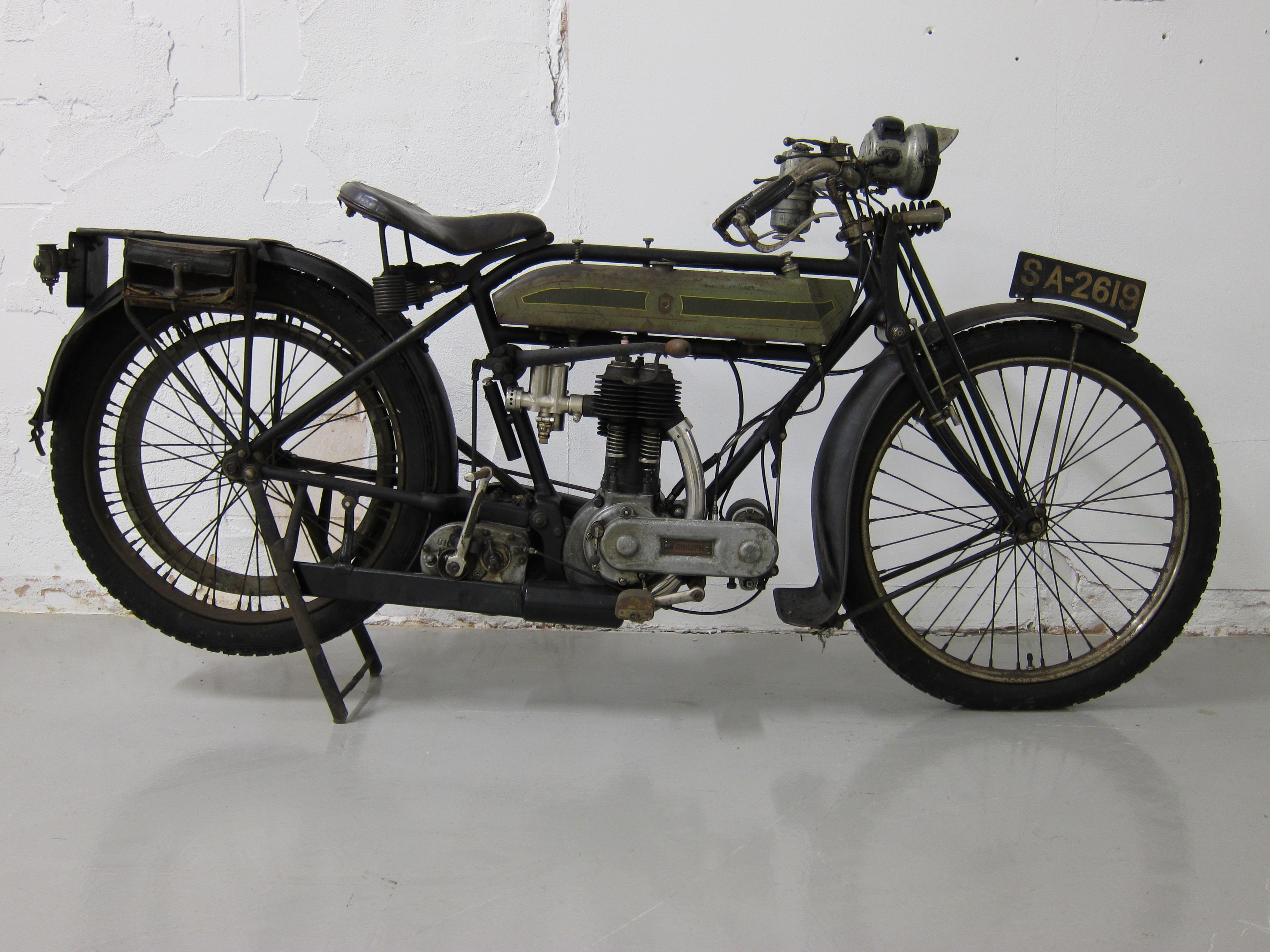
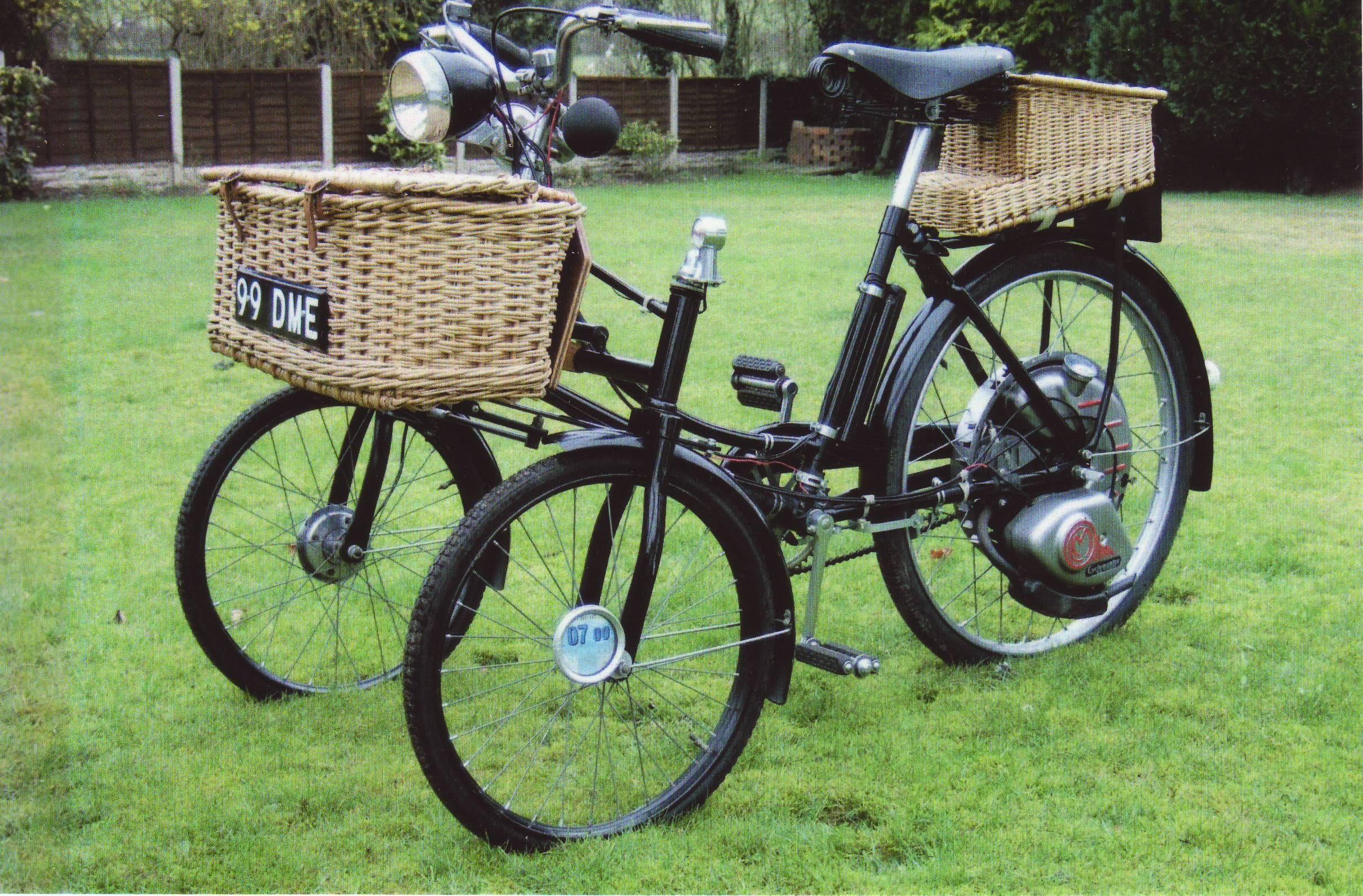
Testen Sie LotSearch und seine Premium-Features 7 Tage - ohne Kosten!
Lassen Sie sich automatisch über neue Objekte in kommenden Auktionen benachrichtigen.
Suchauftrag anlegen